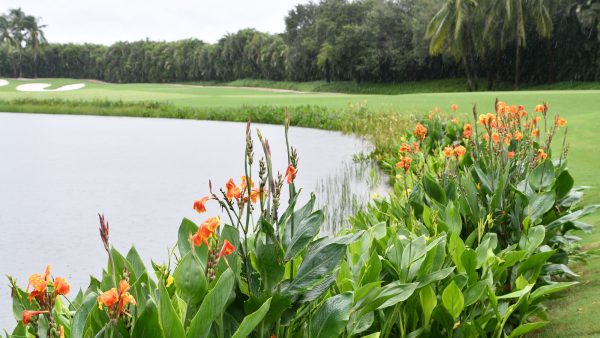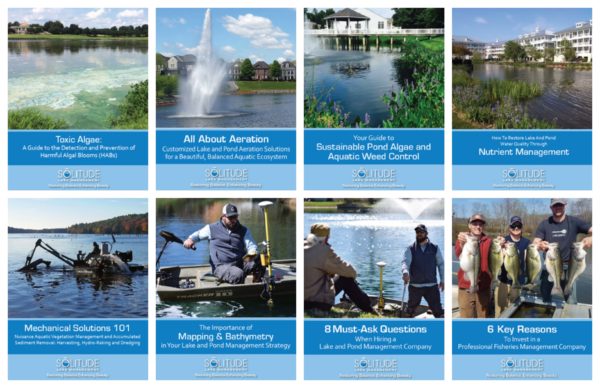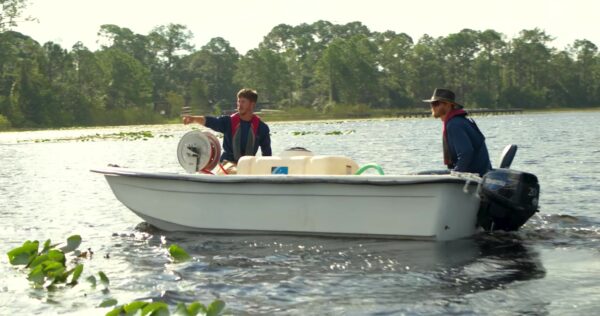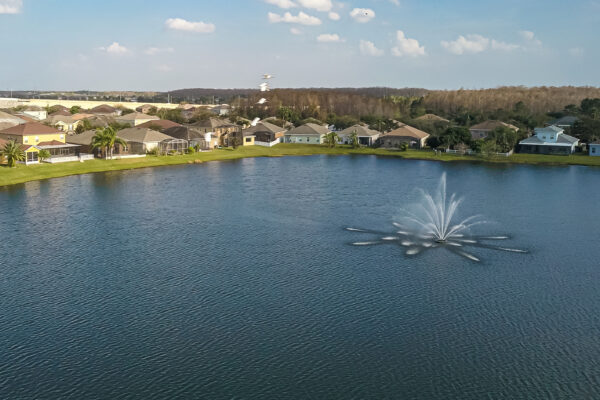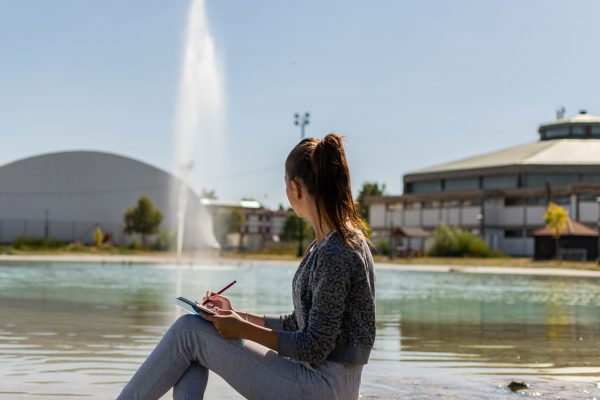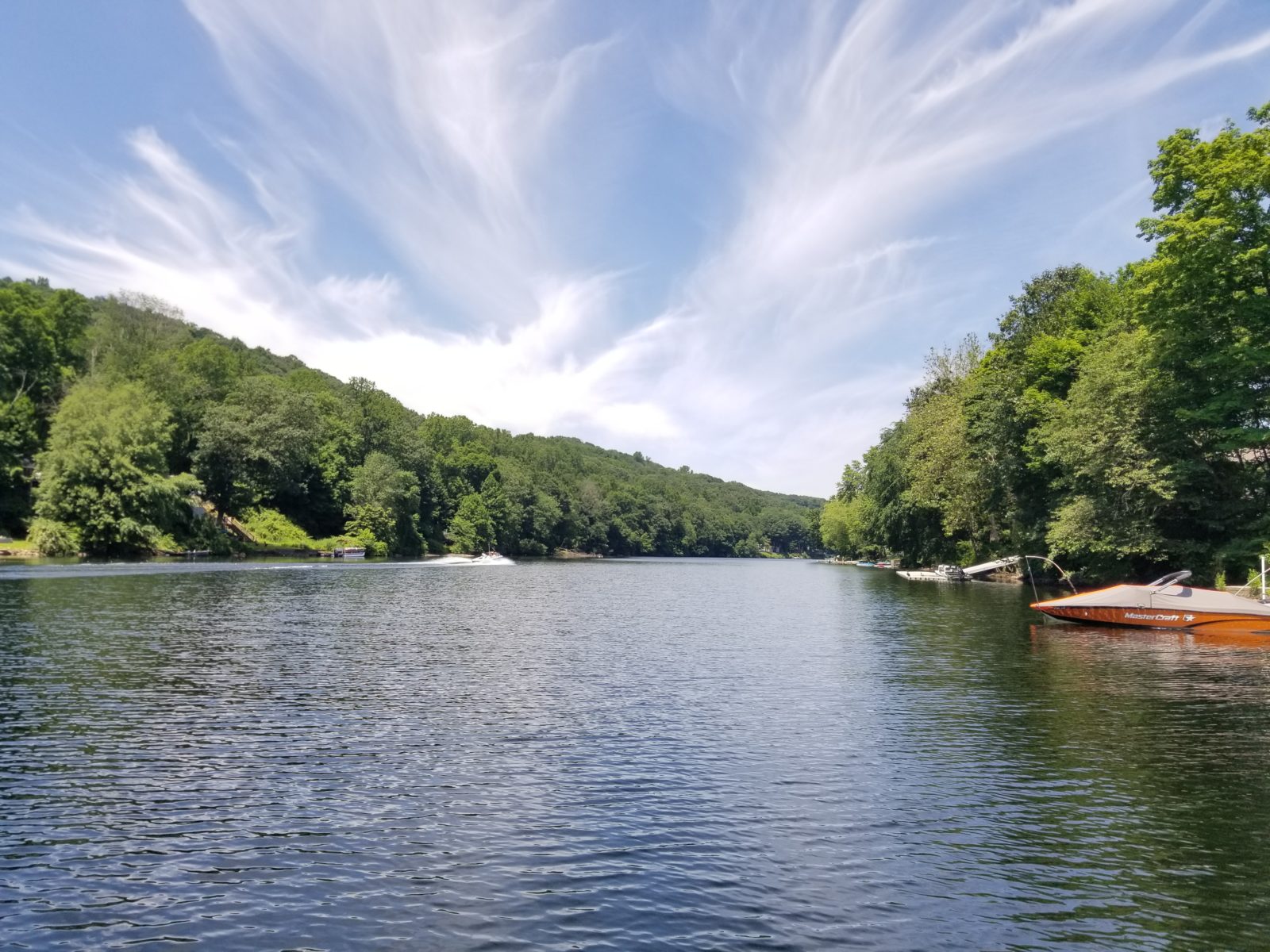Proper Pond Management Important For Property Values and Water Quality
July 19th, 2009
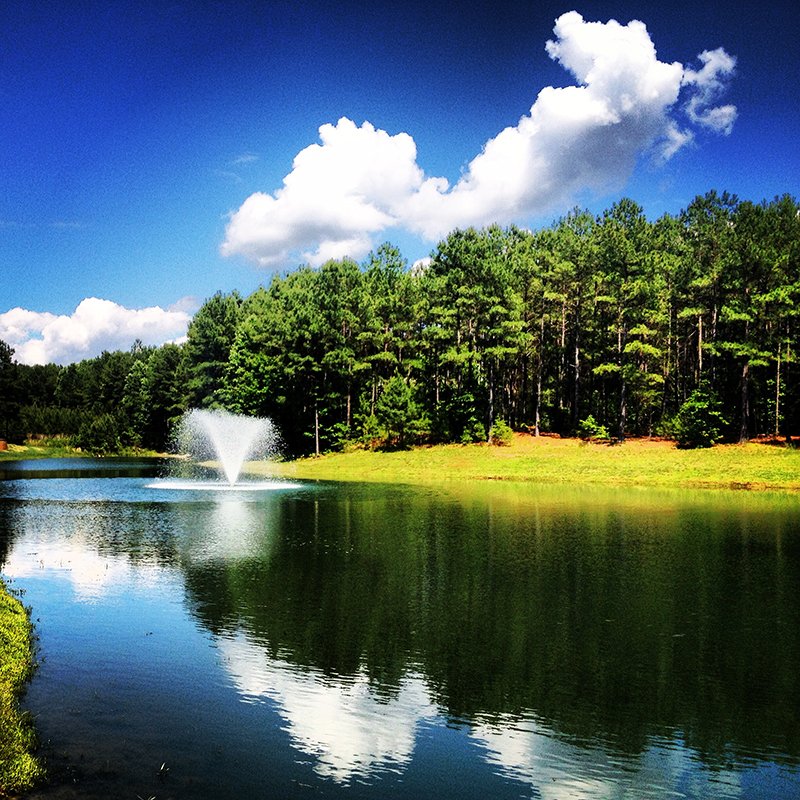 Proper stormwater pond management always starts with restoring ecological balance. If a pond is balanced, everything else will take care of itself. The goal of pond management should always be to achieve that balance, not to attack individual problems in a piece meal, seemingly less expensive way, but that is typically more costly over time. Although you can make short term and inexpensive superficial improvements to the appearance of a pond, long term you will spend far more with that “quick fix” mindset.
Proper stormwater pond management always starts with restoring ecological balance. If a pond is balanced, everything else will take care of itself. The goal of pond management should always be to achieve that balance, not to attack individual problems in a piece meal, seemingly less expensive way, but that is typically more costly over time. Although you can make short term and inexpensive superficial improvements to the appearance of a pond, long term you will spend far more with that “quick fix” mindset.
Storm water ponds are a valuable tool in the filtration of rain water as it flows from our communities into streams, rivers, bays, and oceans. Proper stewardship and management of these ponds is imperative to this mission, not to mention an aesthetic necessity for the community. These aesthetics are typically what drive homeowners associations to pay for pond management, since “eyesore” ponds will typically detract from property values; however, protecting and enhancing the water quality in downstream waters is the main reason that the pond exists.
Although all ponds are unique, there are a few basic pond management practices that can be used in all fresh waterbodies to help improve or prevent water quality problems. In order to understand these concepts more clearly, we must first understand the problems.
In any pond, especially those in which storm water is being collected, the primary issue is the mass loading of that system with nutrients and sediments from fertilizer, leaves, grass clippings, eroded soils, etc. The excess nutrient and organic buildup in a pond will result in algae growth, poor water clarity and appearance, foul odors, and more. Additionally, the inflow of sediments will begin to fill the pond, displace storage capacity, and result in the need for dredging in the future.
Managing ponds properly and efficiently over the long term is more about how you manage than the length of time you are managing. Not all good long terms strategies take a long time to implement, and just because you do something many times over a long period of time (like spraying algae with algaecides), does not mean you are necessarily exercising sound long term pond management principles.
If you are fundamentally sound in your long term pond management plan, you may spend a bit more in the short term, but typically you will spend far less over time, and most importantly, be much more satisfied with the results.
Take a little time to learn the basics about the biological processes that are responsible for the water quality problems in your pond. Then make sure your consultant or contractor of choice educates you on how these processes should be amended to produce the long term results that you are looking to achieve. This will make sure that your pond looks good, property values are not diminished and the downstream waters will maintain good water quality.
Kevin Tucker is the president of SOLitude Lake Management. Since 1998, SOLitude Lake Management has been committed to providing full service lake and pond management services that improve water quality, preserve natural resources, and reduce our environmental footprint. Services are available throughout the Eastern United States. Fisheries management consulting and aquatic products are available nationwide. Learn more about SOLitude Lake Management and purchase products at www.solitudelakemanagement.com.
Contact the experts at 888-480-5253 for all of your lake, pond and fisheries management needs.

